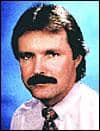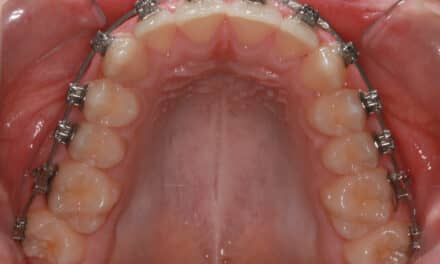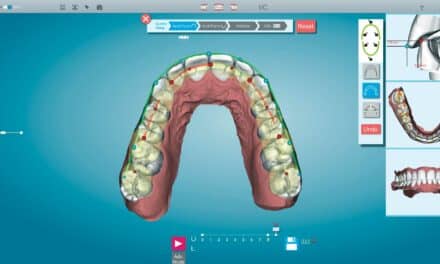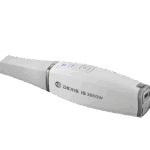with Eric B. Lowenhaupt, DDS
OP: When did you lose your office?
Lowenhaupt: I lost my office during Hurricane Jeanne in September 2004.
OP: How long had you been there?
Lowenhaupt: I had practiced in the same location for 20 years.
OP: Did you rebuild or move to a new office?
Lowenhaupt: It took me 5 months to rebuild my office (in the same location).
OP: What advice would you give fellow orthodontists about how to prepare for and recover from natural disasters?

1) Make an inventory list of all equipment and supplies in your office.
2) Include purchase date and cost.
3) Include serial numbers.
4) Photograph everything in the office (a movie is best).
5) Have patient records stored in a safe place.
6) Back up all computers (daily) and store in a safe place (not your office).
7) Prepare a phone tree for you and your staff with everyone’s contact numbers. Update the information regularly.
Make sure your office insurance policy includes the following:
? The replacement cost of lost or damaged items (you do not want “actual cash value”);
? Business-interruption coverage;
? Interruption of utility-service coverage; and
? Sufficient coverage to cover a complete loss.
I recommend getting a flood-insurance policy. You should review and update your policy annually or as changes warrant, and make sure you have an 800 number and your policy number in your wallet.
OP: How should orthodontists prepare financially?
Lowenhaupt: You should have 2 months’ average office collections in a liquid account or available as a line of credit from a bank. Loans or grants may be available from the American Dental Association (ADA), the Federal Emergency Management Association, or the Small Business Administration.
OP: What do you recommend in terms of a temporary office location?
Lowenhaupt: If you discuss this with colleagues beforehand, you can set up a support group to share space and identify key members of your staff.
OP: What would you say to an orthodontist returning to a practice after a natural disaster?
Lowenhaupt: Don’t risk being injured trying to save anything. Recover computers and patient records first, and call your insurance company immediately to get a claim number from them. Take pictures of everything.
OP: Any tips on dealing with an insurance company?
Lowenhaupt: Make a detailed list of everything lost or damaged, referring to your inventory list. Get written estimates on all items (multiple estimates on big-ticket items). Put together a package containing all of the above with before-and-after photos.
One of the best sources of information is the Florida Dental Association’s Disaster Preparedness and Recovery Manual, which you can download for free from the ADA’s Web site. In a disaster such as a major hurricane, many people in the community are affected; and your family, staff, and patients will look to you for leadership and guidance. While no one knows what the future holds, having a plan and being prepared can make recovering from such a disaster easier and more predictable.
Eric B. Lowenhaupt, DDS, is in private practice in Jupiter, Fla. He can be reached at [email protected].










